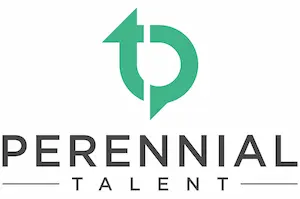How to Avoid Making Bad Hires
The cost of a bad hire can be as much as 3.5 times the annual salary of the position. Fortunately, you can take action to avoid these common hiring mistakes.
Here are three common mistakes, and some steps you can take to avoid them.
Mistake 1: Making decisions based on “gut feel”
You have probably heard of hiring managers who have decided to hire someone because they have “a good feeling about them” or they “have a strong handshake” or because they “made great eye-contact during the interview.” By considering these types of factors, you not only open yourself up to a lawsuit, but you are very likely missing out on quality candidates. The fact that someone has a strong handshake does not mean that they will be successful on the job. Also, behaviours such as maintaining good eye contact can be culturally biased. Therefore, it is critical to ensure that your decisions are based on how a candidate scores on the various hiring tools. That is, how well did this person’s skills fit the requirements of the job?
Mistake 2: Asking questions not related to the requirements of the job
You have probably been to an interview where the interviewer asked you questions like whether you are married or if you have children. It is important to review the employment legislation relevant to the country in which you are hiring. For example, in Canada, it is against the law and considered a prohibited ground to ask questions about a person’s age, marital status, or race. Instead, make sure all questions you ask are clearly linked to the skills or competencies required for the job.
Mistake 3: Discriminating against certain groups
The hiring process and the tools you use to measure the requirements of the job should not be biased or discriminate against any specific group (e.g., visible minority, persons with disability). It is important to ensure that all information collected throughout the hiring process always relates to the specific requirements of the job. It is also important to ensure that hiring managers are trained on how to use the tools to make informed hiring decisions.
Want to see how your hiring process and tools measure up to current best practices? Explore our hiring check-up to learn more or ask for a copy of our Selection and Hiring Toolkit for more tips, tools, and templates!


